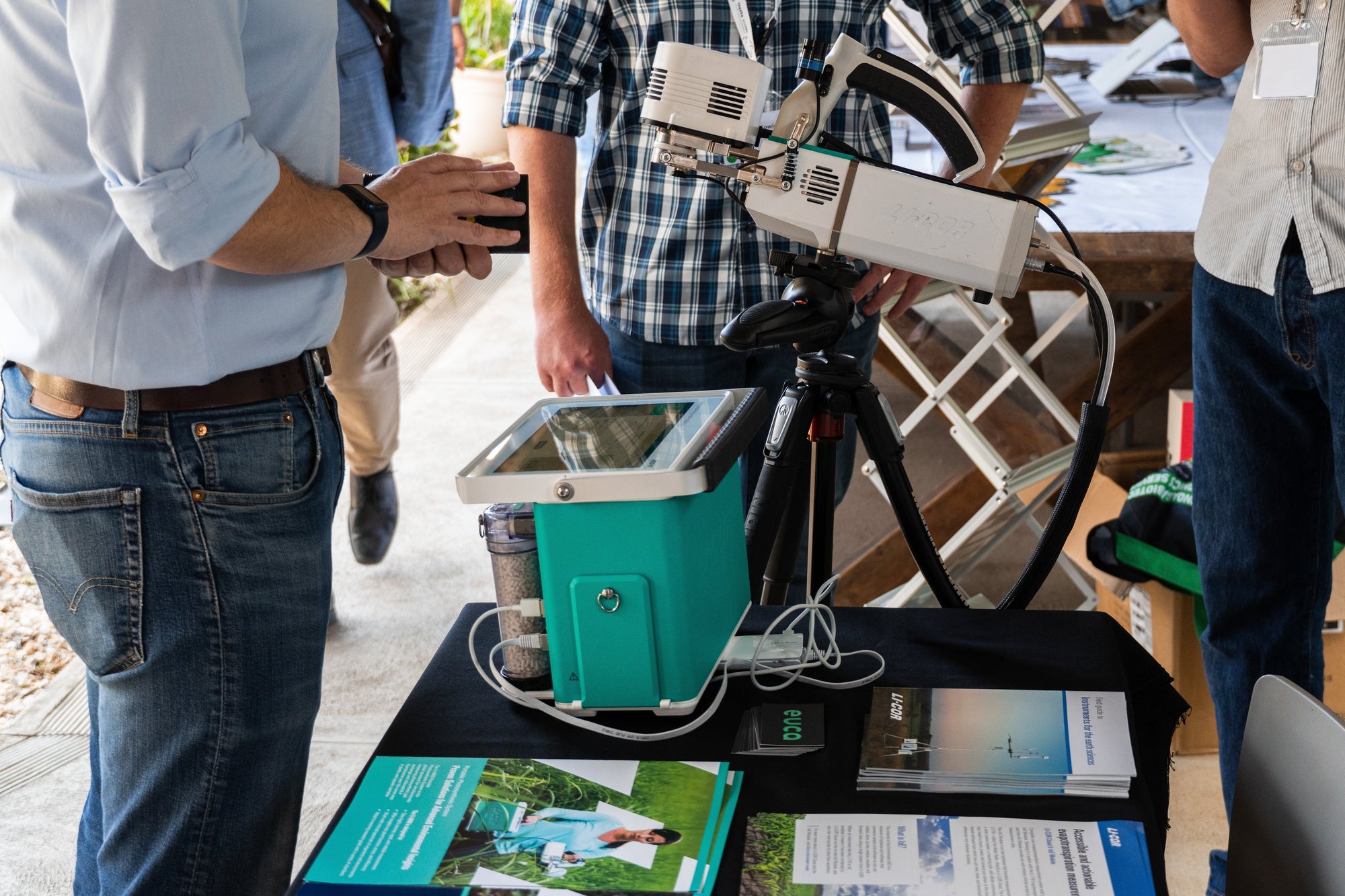In the innovative and critical realm of the pharmaceutical industry, under the stringent oversight of regulatory bodies, data integrity in environmental monitoring is paramount. This principle, emphasising the completeness, consistency, and accuracy of data, is vital for the reliability and trustworthiness of information crucial in decision-making processes. It's noteworthy that a vast majority (95%) of Data Integrity Violations stem from poor data management rather than fraudulent activities, underscoring the importance of robust data handling.
Why Data Integrity is Critical
Data integrity is a cornerstone in pharmaceutical environmental monitoring for numerous reasons. Regulatory compliance is non-negotiable, with entities like the FDA and SAHPRA demanding strict adherence to data integrity principles, where non-compliance leads to significant repercussions including product recalls and reputational damage. Patient safety is at the forefront, as compromised data can mislead drug safety or efficacy assessments, potentially endangering patients. Product quality relies heavily on accurately monitored environmental conditions during manufacturing processes, ensuring the final product's reliability. Operational efficiency is enhanced by high-integrity data, which is indispensable for informed decision-making in process improvements and maintenance.
Challenges in Ensuring Data Integrity
Despite its importance, several challenges complicate the maintenance of data integrity. The complexity inherent in modern monitoring systems, which collect data from a plethora of sources, increases the difficulty in managing this information. Human error is another significant factor, often leading to unintentional compromises in data integrity. Moreover, the rise of digital data storage and transmission has escalated the risks of data breaches and cyber-attacks.
Best Practices for Maintaining Data Integrity
To effectively manage these challenges, pharmaceutical companies should focus on several key practices:
- Implementing advanced data management systems to automate data collection and minimise human error.
- Comprehensive training for employees to understand the importance of data integrity and proper data handling.
- Conducting regular audits to identify and address data integrity issues promptly.
- Cultivating a culture of transparency where integrity is paramount, and discrepancies are freely reported.
The Role of Technology
Technological advancements significantly bolster data integrity efforts. Blockchain technology, for instance, offers a secure and immutable record-keeping mechanism. Cloud-based platforms provide robust data backup and recovery options. AI and machine learning are increasingly utilised for analysing data and detecting anomalies that might indicate issues with integrity.
"Data integrity, focused on accuracy and consistency, is essential in pharmaceutical environmental monitoring. It plays a pivotal role in decision-making, with 95% of integrity issues arising from inadequate data management."
NviroSense
In our NviroSense platform, we've incorporated a feature that exemplifies our commitment to data integrity. The platform includes an audit table, a crucial tool that enhances transparency and accountability. This table logs actions within the platform, recording the date and time of the action, its nature, and the email associated with it. Such detailed tracking ensures a comprehensive audit trail, underlining our emphasis on accountability in data management. This feature not only aligns with the stringent standards of regulatory compliance but also reinforces the trust our users place in the integrity of the data provided
The Commitment to Integrity
Data integrity in pharmaceutical environmental monitoring is more than a regulatory requirement; it's the bedrock of drug safety and efficacy. As the industry evolves, so too must the methodologies and technologies employed to preserve data integrity. A rigorous and unyielding commitment to data integrity is essential for the pharmaceutical industry to maintain patient trust and uphold the highest safety standards.





